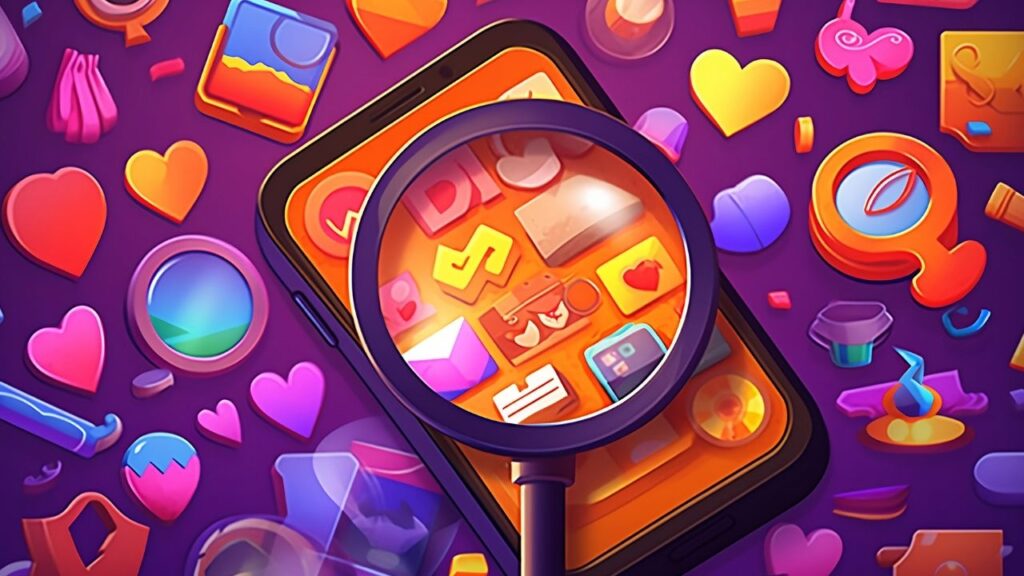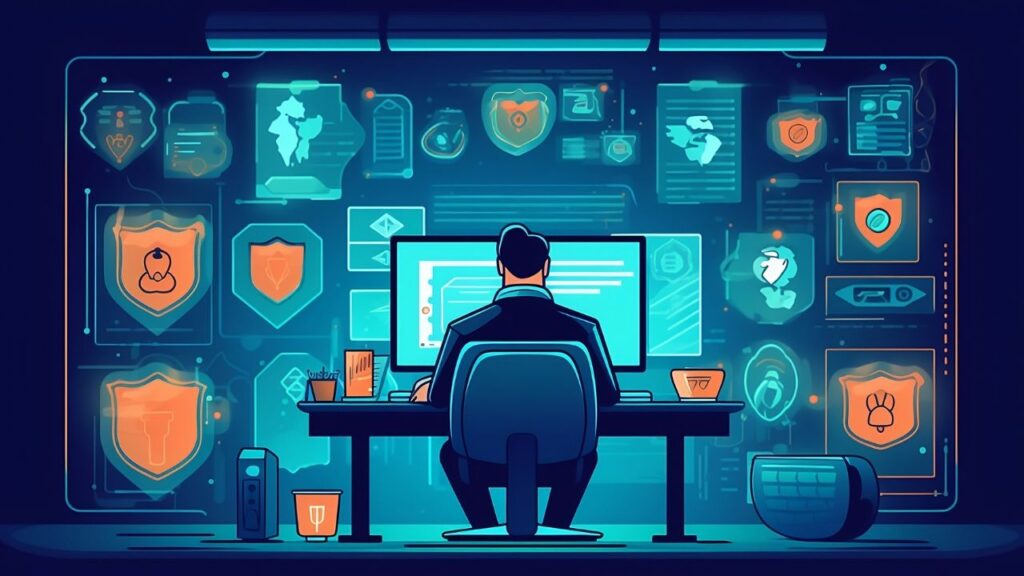
In an era where love is often found through online connections, understanding cybersecurity is more than just a passing trend; it’s an essential aspect of protecting your digital self. A large part of this is learning how to develop a personalized cybersecurity plan that can safeguard your online dating activities.

Online dating, while revolutionizing the way we find companionship, presents an assortment of cyber threats. From phishing scams that trick you into revealing sensitive information, to catfishing, where someone pretends to be someone they’re not, cyber threats are an unfortunate part of this digital landscape. Even the misuse of personal data by malicious actors is a constant worry for online daters.
A lackadaisical approach to cybersecurity can lead to potentially devastating consequences. A compromised account can lead to a loss of personal and financial information, and even damage one’s reputation. In the case of online dating, it could expose intimate conversations and personal pictures that were meant to be private.
Online dating is a personal journey, and your cybersecurity measures should reflect that. A generic approach can leave blind spots that hackers can exploit. By personalizing your cybersecurity plan, you account for your unique habits and preferences, offering more comprehensive protection.

The foundation of your personalized plan is understanding your online dating habits. Do you use one app or multiple? How often do you use them, and what information do you share? Your usage pattern and the nature of the shared information will dictate your security needs.
While all aspects of online dating require some degree of security, some areas might need more attention than others. For example, the financial information you use for premium services would be a high-priority target for cybercriminals and should be protected accordingly.
Once you have your plan, the next step is to put it into action. Remember, cybersecurity isn’t a set-it-and-forget-it affair. Regularly updating your security measures to deal with new threats is essential. And as your online dating habits evolve, so too should your plan.
Different dating platforms offer a range of security features. From password protection and two-factor authentication to data encryption, it’s important to know what measures your chosen platform offers and how to use them to your advantage.
Most platforms have robust privacy settings that, when used correctly, can significantly enhance your security. This includes controlling who can view your profile, what information they can see, and who can send you messages.
Two-factor authentication adds an additional layer of security by requiring a second form of verification. It’s one of the simplest and most effective ways to increase your account security.

Cyber threats are a moving target, with new threats emerging as technology evolves. Regularly updating your cybersecurity knowledge can help you stay ahead of potential threats.
There are many free resources available that can help improve your cybersecurity knowledge. Cybersecurity blogs, online courses, and webinars can all provide valuable insights and advice.
While technology plays a big role in cybersecurity, the human element is just as important. Understanding common scams and how hackers try to manipulate their victims can significantly improve your cybersecurity defenses.
Cybersecurity isn’t something you have to deal with alone. Having a support network can provide guidance when you need it and help you stay up-to-date with the latest cybersecurity trends.

One of the best ways to avoid making mistakes is to learn from the experiences of others. Online communities and forums can be a great source of first-hand accounts of cybersecurity issues related to online dating.
Cybersecurity is a shared responsibility. By working together, we can help create a safer online dating environment for everyone.
Cybersecurity might seem daunting, especially when you’re just looking for love. But it’s an essential aspect of the online dating experience. A personalized cybersecurity plan can offer protection that is tailored to your habits, providing peace of mind as you navigate the digital dating landscape. So, what steps will you take to ensure your security in the world of online dating?
Born in the grit and grind of Detroit, Daniel Firewall's journey has been anything but easy. From an early age, he displayed a knack for understanding systems and breaking codes. His keen analytical mind and relentless pursuit of knowledge led him to become a respected figure in the field of cybersecurity.
Daniel believes in maintaining a balance between the heart and the mind, especially when it comes to online dating. He is fiercely protective of his readers, ensuring they are well-armed with the knowledge and tools they need to navigate the treacherous waters of online dating securely. His mission is simple: ensure everyone can search for love without fearing for their safety.
Invest in a Virtual Private Network (VPN). A VPN can help protect your data by creating a secure, encrypted connection with a remote server. It also helps protect your privacy by hiding your IP address and preventing third parties from tracking your online activities. With a VPN, you can keep your personal information safe and secure while enjoying the convenience of online dating.
I agree that understanding cybersecurity is more important now than ever before. With the rise of online dating and social media, people need to be aware of the potential risks these platforms can pose. Knowing how to protect yourself and your data is becoming an increasingly important part of staying safe online.
1. Change your passwords regularly. This is one of the most basic steps you can take to protect yourself online. Make sure to create complex passwords that are difficult to guess and use different passwords for different accounts.
2. Be wary of public Wi-Fi. Public Wi-Fi networks can be a playground for hackers, so it’s best to avoid them if possible. If you do need to use public Wi-Fi, make sure you’re using a secure connection and avoid signing into any sensitive accounts.
3. Be mindful of what you post online. Consider the type of information that you post on social media platforms, as this data can be used to target you for phishing or other cyber-attacks.
4. Monitor your accounts. Regularly monitor your online accounts to ensure that there is no suspicious activity. If you notice anything out of the ordinary, contact the platform or service provider immediately.
5. Keep your software up-to-date. Make sure to keep your operating system and applications up-to-date to ensure that your device is secure. Many updates include security patches that can help protect you from potential threats.